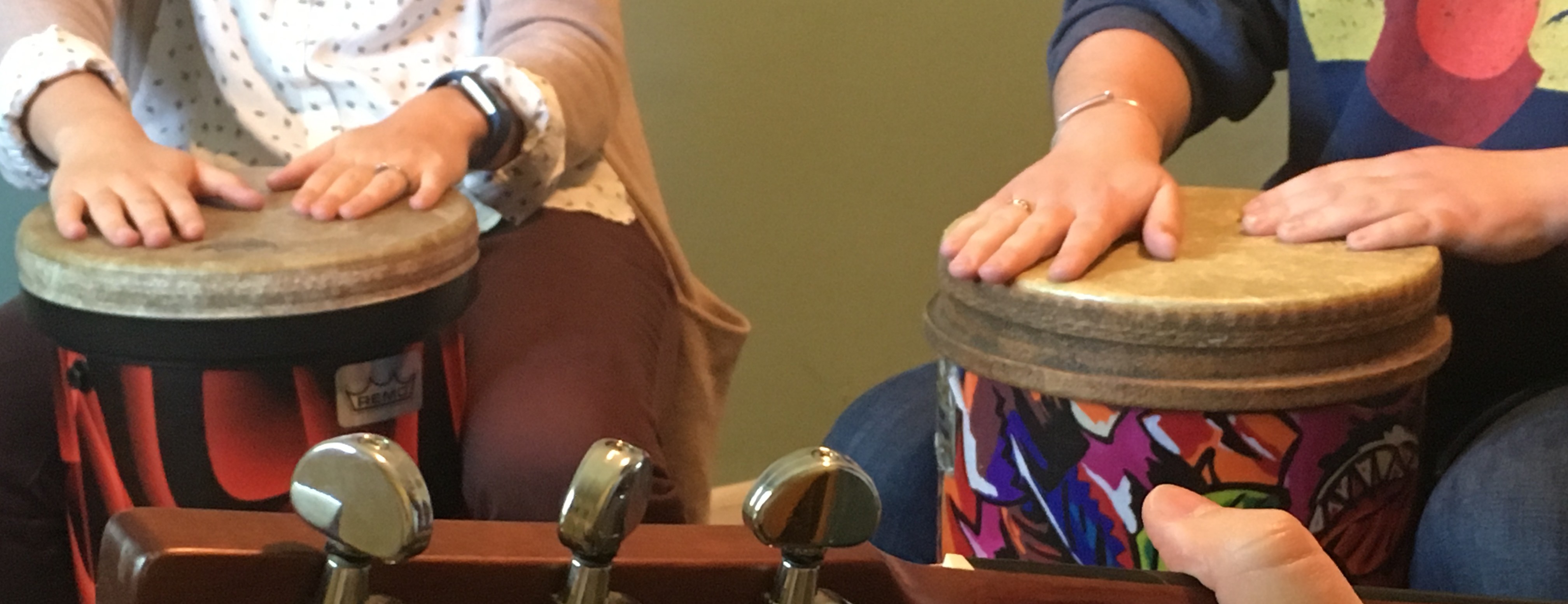Is Music Therapy a “Real” Therapy?
If you’ve ever wondered whether there is more to music therapy than nice songs, kumbaya, and fluffy “entertainment”, then have we got news for you!
Music therapy is masked and misunderstood because our culture’s conception that the primary purpose of music is for entertainment.
Us Westerners have come to limit the real power of music by thinking of it as something we listen to for entertainment, exercise, and not much else.
But when you really sit down and consider that assumption, that music is solely for entertainment, do you really believe it?
Do you ever turn on meaningful songs when you’re going through hard time? Do you ever use music to get pumped up for something big, like a long anticipated game or race? Or do you listen to music while you exercise to help stay motivated?
If you’re like most people, you answered yes to at least one of these. Why? Because music is more than entertainment. It accesses our emotions, it energizes us, and it can even drive us to achieve more (like run farther) than we could ever do otherwise.
You may be thinking, “Okay, music therapy is just something I do for myself on my own, so I’ll self-prescribe my own ‘therapy’ by listening to my favorite songs when I’m sad. What’s the difference between that and hiring a real music therapist? It’s all just fluff and kumbaya anyway, right?”
The difference is that a music therapist is trained to take the experience deeper. Real music therapy is more than self-prescribed momentary stress relief; it’s the clinical use of music to promote real healing, lasting change, and deeper connection.
Much More Than Listening
It all happens by doing more than just listening to music—it happens by creating music.
Music therapy is not just strumming a guitar or playing a drum because it sounds nice. It’s about creating music intentionally with a trained therapist who understands how to guide, teach, and support you through the process.
You create and experience music with a therapist who knows and understands your particular situation, the barriers you face, and how to navigate them.
As Board Certified Music Therapists we are uniquely trained in how to use music to make real progress.
So what makes music therapy really work? It’s all because of the way our mind and body process and respond to music.
- Music accesses emotion centers in the brain such as the limbic system. It can help us work through difficult emotions, and even discover feelings we didn’t know we had
- Music lights up areas responsible for both speech and for singing, which happen to be on different sides of the brain. This means that someone who cannot speak may be able to sing.
- Music touches areas responsible for attention and focus such as the prefrontal cortex. It can help lengthen attention span while playing instruments because it’s activating those critical areas.
- Music accesses several motor pathways in the brain that are responsible for movement and coordination. It can enable someone with physical limitations to gain more control over their body and be more coordinated and steady.
- Music creates a bond between people who play together, thereby helping to improve relationships, strengthen friendships, and bring about emotional connection.
And the list goes on!
So is music therapy a “real” therapy? You bet!
It is simply underutilized, misunderstood, and too often self-prescribed.
If you’re curious about whether real music therapy can help in your unique situation, call now. We specialize in helping those with special needs and mental health challenges, and provide both private and facility-based services.
Schedule your free trial session today so see if music therapy is the right fit to make a big difference for you!

